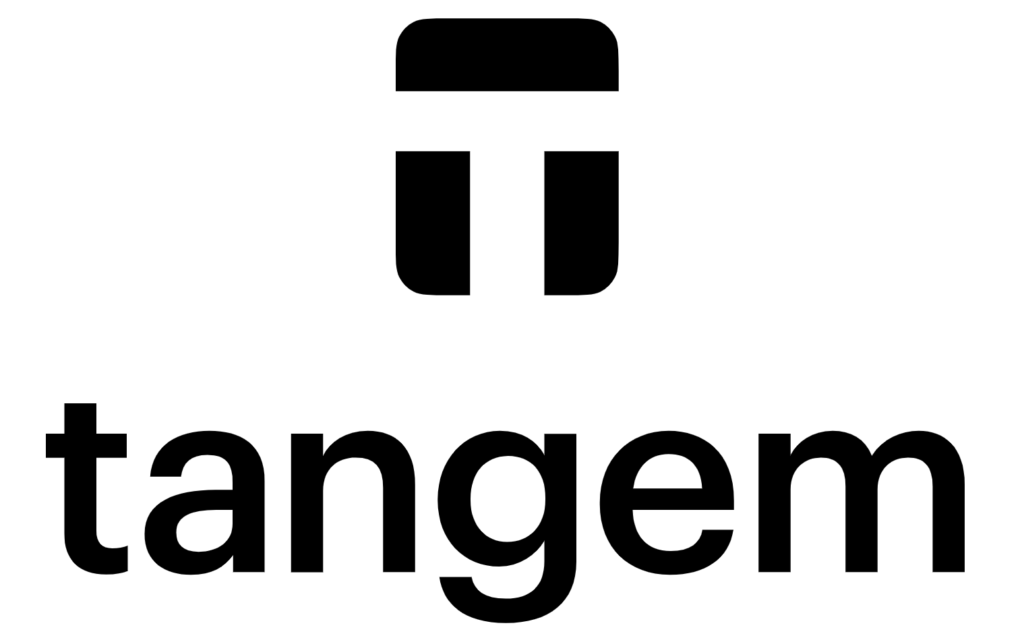
Quick Facts
Tangem Products
- Tangem Wallet
Company Vitals
Founders: Andrey Kurennykh and Andrew Pantyukhin
Year Created: 2017
Headquartered: Zug, Switzerland
Company Overview
The Tangem Wallet is a hardware crypto wallet that offers a unique approach to managing and securing your digital assets. Designed to resemble a credit card (similar to Arculus) , it provides a highly portable and user-friendly experience. It operates via NFC (Near Field Communication), allowing transactions to be signed offline, which significantly reduces the risk of hacking compared to software or mobile wallets that rely on internet connections.
Setting up a Tangem Wallet is straightforward and does not require dealing with recovery phrases. This simplicity is a major advantage for users who may find traditional hardware wallets cumbersome. The wallet supports over 6,000 assets, which is a broad range compared to many other wallets in the market.
Security is a key feature of the Tangem Wallet, with an EAL6+ security level chip that is resistant to dust, water, and impacts. It also has the highest chip security standard available, ensuring robust protection against physical and digital threats. The wallet can be set up with a 25-year warranty, offering long-term reliability.
The Tangem Wallet operates through a mobile app that is available for download. This app allows users to view and manage their assets conveniently. The wallet’s design and functionality cater to both new and experienced users, making it a versatile option for anyone interested in securely storing and managing their cryptocurrencies.
Security Incidents
No notable security incidents have been reported. However, some customers have complained about seals arriving broken on new orders. Tangem blamed faulty packaging which they claim is now fixed.
Big Brother Government Influence
Tangem is based in Switzerland. Switzerland has a generally positive stance on cryptocurrency and blockchain technology. This might give Tangem more regulatory flexibility compared to companies in stricter regions. It could also put them at odds with regulations that prioritize user data collection.
